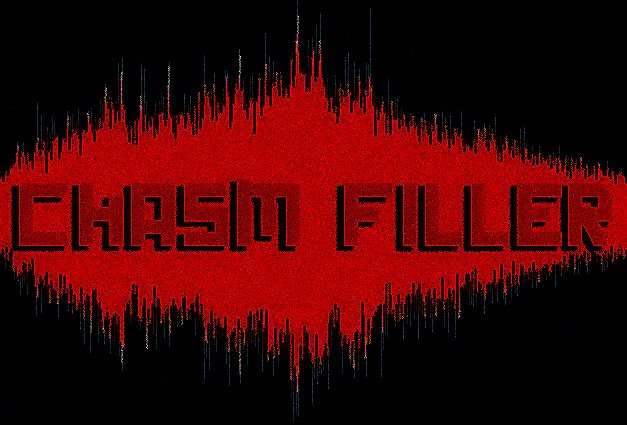
Dark tales spun by Death's troubadour from the land where the Power's in the Blood.
"An anomaly in contemporary rock right from the start, Johnny Dowd, a 49-year old moving company owner, debuted in 1997 (in Europe in 1998) with this sparse (most of the songs feature only Dowd himself) and often morbid collection of country noir. More closely related to Nick Cave, Sixteen Horsepower, and Tom Waits than to Uncle Tupelo, Steve Earle, or The Jayhawks, Dowd’s twisted tales of murder, obsessive dedication, and other sinful behavior can be truly disturbing. The music is a fitting match for his lyrics: “Murder” sets the awkward tone with a hypnotic country-blues rhythm accompanied by Dowd’s distorted slur, as he reports a murder (“there’s been a murder here today, the weapon was a knife, the woman wore a wedding ring, I don’t think she was his wife”). “Ft. Worth, Texas” is the story of a convict on death row reflecting on his sinful life. The protagonist “shot and killed (his) girlfriend, then (he) sat and watched her die”. There’s no time for repentance (“there’s still too many people I hate”), although his only company is the ghosts in his head. The minimally executed and bluesy “One Way”, which contains several biblical references (a thorny crown, a sword in the side, the burden of the cross), is followed by “Sick Like a Dog”, one of the album’s scariest songs by virtue of its hypnotic percussion, eerie synths, and Dowd’s croaking voice informing us that “Momma Death ain’t got no respect”.
Songs like “Average Guy” and “Wages of Sin” are other ventures into the neo-gothic religion-obsessed worlds of Flannery O’Connor’s Wise Blood or A Good Man Is Hard to Find, and Nick Cave’s The Ass Saw The Angel, where mentally scarred outcasts try to live with their obsessions (often women, liquor, and their own sinful past).“Ballad of Frank and Jesse James,” in which the murderer of Jesse James asks to be buried next to his victim, reminds me of Lou Reed’s calmer work, with a guitar tone that’s a ringer for VU’s “Jesus”.
In “John Deere Yeller” a man expresses his lifelong commitment to a girl, whom he describes in a set of comparisons that could be a proof of his love, but sound rather peculiar (“Cotton candy sweet are the taste of her lips, like Brigitte Bardot are the shape of her hips, her mind is as blue as the Texas sky, gonna love that girl ‘til the day I die”) and ultimately obsessive ("Gonna love that girl 'til the day I die" sounds wicked, coming from Dowd's mouth). This is made even worse by Dowd’s almost drunken slur. “Thanksgiving Day” is another album highlight whose central line “Be content with your life, it may not get any better”, combined with the repetitive finger-picking and shards of electric guitar, provides an eerie and utterly original atmosphere. In “Heavenly Feast,” Kim Sherwood-Caso is introduced as (co-)vocalist. While she would play a prominent role on Dowd’s later albums, her role is limited here to three songs. Notwithstanding that fact, she does make an impression, as her clear and icy voice is the exact opposite of Dowd’s broken voice, and it’s particularly weird to hear that girlish voice (combined with the gently paced music) utter phrases such as “hung me in a courtyard, they let me hang up there a while” (“First There Was”). “I Don’t Exist” might as well have been written by Ennio Morricone, as Kim Sherwood-Caso’s soprano, and Dowd’s melancholy melodica and classic guitar strumming reminds of the composer’s classic Western-work.
All this makes Wrong Side of Memphis, despite a few minor shortcomings (“Idle Conversation” and “Welcome Jesus” are lightweight collages that merely function as atmospheric mood pieces), one of the most intriguing debuts of the past few years. It's not that Dowd's main themes (love, loss, death) are that remarkable, but the uncanny way in which he presents them, often combining seemingly contradictory instrumentation, makes sure he's out of step. With a lo-fi debut like this, it was hard to predict where he’d go next, but very few people expected him to choose the path he chose for his subsequent albums." Guy Peters












